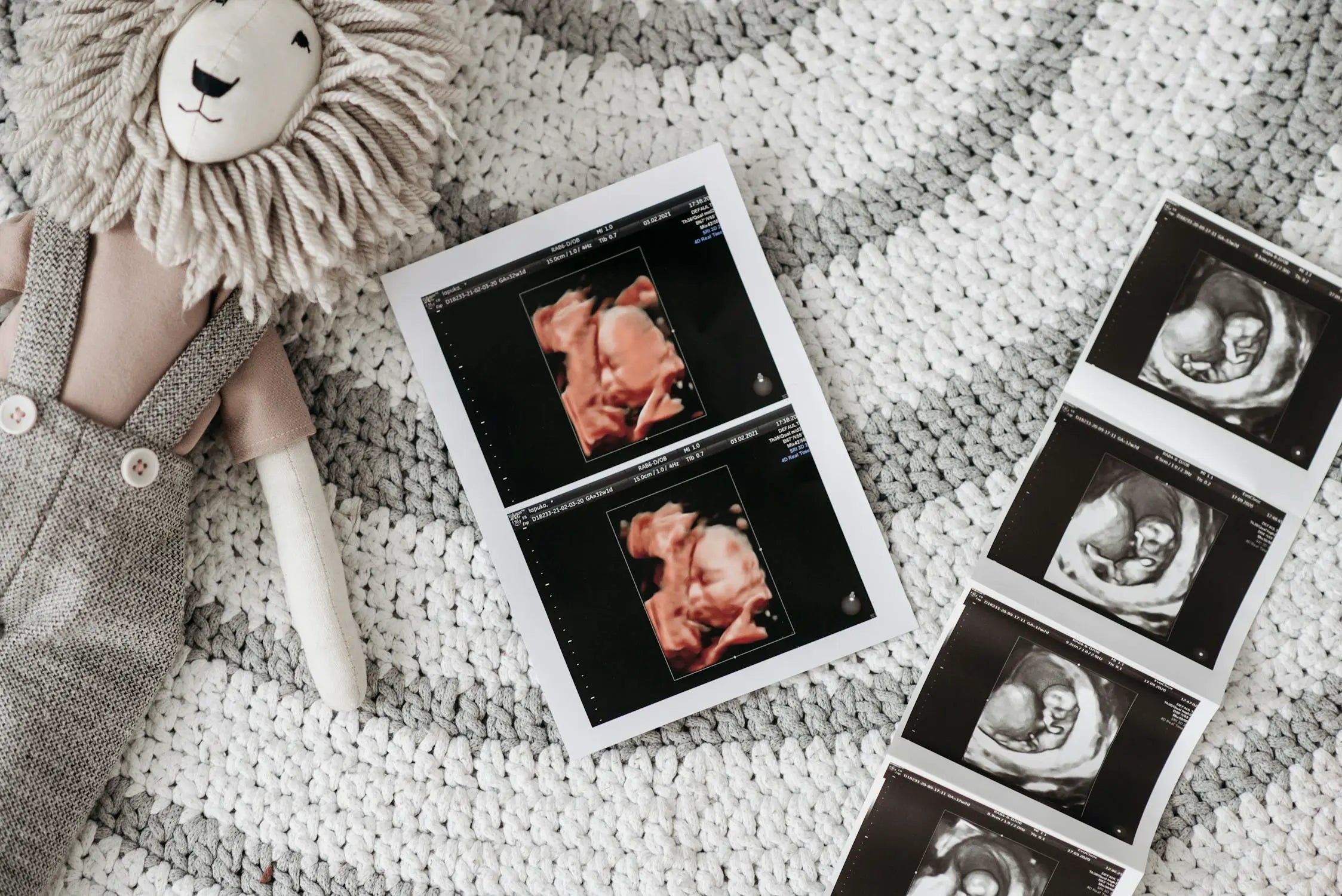Startseite
Pregnancy, Breastfeeding, and Pumping: The Ultimate Guide for Moms
When Will You Test Positive for Pregnancy: A Comprehensive Guide

When Will You Test Positive for Pregnancy: A Comprehensive Guide
Pregnancy is a life-changing event, and knowing when to test for it can be both exciting and nerve-wracking. The timing of when you test positive for pregnancy is crucial for accurate results. This article will guide you through the process, helping you understand the science behind pregnancy tests and the best time to take one.
Understanding Pregnancy Tests
Pregnancy tests detect the presence of human chorionic gonadotropin (hCG), a hormone produced by the placenta after a fertilized egg attaches to the uterine lining. The level of hCG increases rapidly in the early stages of pregnancy, doubling every 48 to 72 hours. Most home pregnancy tests are designed to detect hCG in urine, while blood tests conducted by healthcare providers can detect even lower levels of the hormone.
When to Take a Pregnancy Test
The timing of when you test positive for pregnancy depends on several factors, including the sensitivity of the test, the regularity of your menstrual cycle, and the time of implantation. Here are some key points to consider:
- Missed Period: The most common time to take a pregnancy test is after a missed period. This is typically around 14 days after ovulation, but it can vary depending on the length of your cycle.
- Early Testing: Some tests claim to detect pregnancy as early as six days before a missed period. However, the accuracy of these tests can vary, and false negatives are more common when testing early.
- Implantation Timing: Implantation usually occurs 6 to 12 days after ovulation. Testing too soon after implantation may result in a false negative, as hCG levels may not yet be detectable.
Factors Affecting Test Accuracy
Several factors can influence the accuracy of a pregnancy test, including:
- Test Sensitivity: Different tests have different sensitivity levels. Some can detect hCG levels as low as 10 mIU/mL, while others require higher levels.
- Timing of the Test: The time of day you take the test can affect its accuracy. The first morning urine is usually the most concentrated and contains the highest levels of hCG.
- User Error: Incorrect usage of the test, such as not following the instructions properly, can lead to inaccurate results.
- Medications and Medical Conditions: Certain medications and medical conditions can affect hCG levels, leading to false positives or negatives.
Interpreting the Results
Understanding how to interpret the results of a pregnancy test is essential. Here are some tips:
- Positive Result: A positive result usually indicates pregnancy, but it's important to confirm with a healthcare provider, especially if you have any underlying medical conditions or are taking medications that could affect the results.
- Negative Result: A negative result may mean you're not pregnant, but it could also be due to testing too early or other factors. If you suspect you might be pregnant despite a negative result, consider retesting after a few days or consulting a healthcare provider.
- Faint Line: A faint line on a pregnancy test can be confusing. It may indicate a very early pregnancy, but it could also be an evaporation line. Retesting after a few days can provide more clarity.
What to Do After a Positive Test
If you receive a positive pregnancy test result, the next steps are crucial for ensuring a healthy pregnancy. Here are some actions to consider:
- Confirm with a Healthcare Provider: Schedule an appointment with a healthcare provider to confirm the pregnancy through a blood test or ultrasound.
- Start Prenatal Care: Begin taking prenatal vitamins and make any necessary lifestyle changes to support a healthy pregnancy.
- Monitor Your Health: Pay attention to any symptoms or changes in your body and report them to your healthcare provider.
- Plan for the Future: Start thinking about your birth plan, maternity leave, and other preparations for the arrival of your baby.
Common Questions About Pregnancy Testing
Here are answers to some frequently asked questions about when you test positive for pregnancy:
- Can I test positive before a missed period? Yes, some tests can detect pregnancy before a missed period, but the accuracy may vary.
- How soon after sex can I test positive? It takes time for hCG levels to rise after fertilization, so testing immediately after sex is unlikely to yield accurate results. Wait at least 10 to 14 days after ovulation for the most reliable results.
- Can a negative test turn positive later? Yes, if you test too early, a negative result may turn positive later as hCG levels increase.
- What if I get a positive result but then start my period? This could be a sign of a chemical pregnancy, where an early miscarriage occurs shortly after implantation. Consult your healthcare provider for further evaluation.
Knowing when to test positive for pregnancy can make all the difference in getting accurate results. By understanding the factors that influence test accuracy and interpreting the results correctly, you can take the necessary steps to confirm and prepare for a healthy pregnancy. Whether you're eagerly anticipating a positive result or cautiously waiting for confirmation, this guide provides the information you need to navigate the process with confidence.
Teilen
